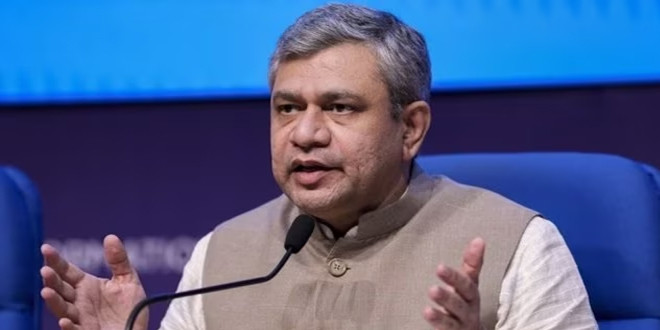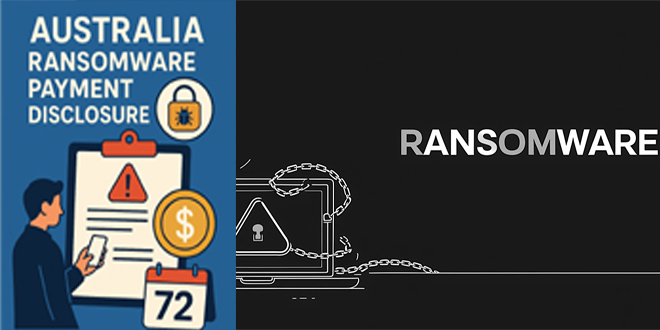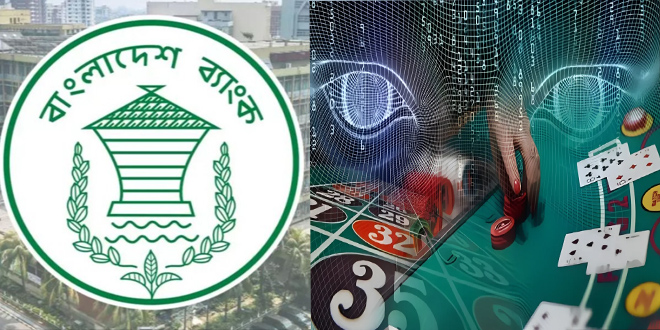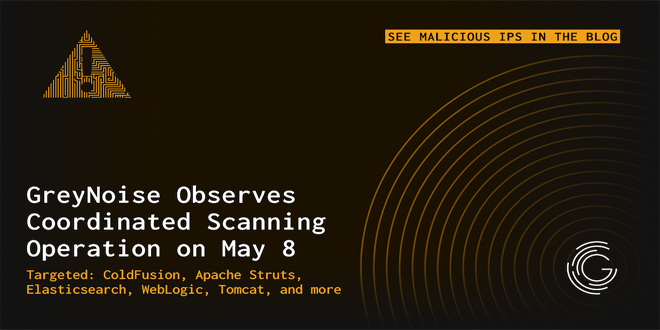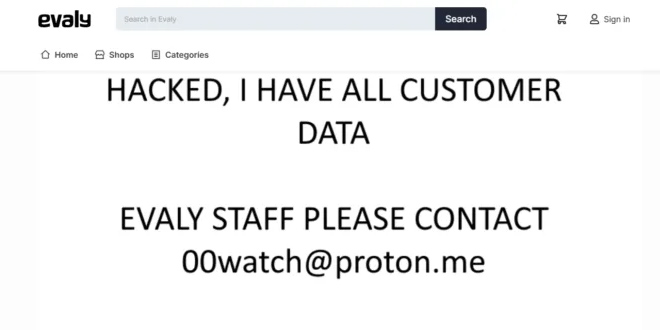Deepfake technology in India:
India has a population of 1.4 billion, making it the second largest country in the world. It also has the second highest number of mobile phones. It is estimated that by the end of 2023, India will have more than a billion smartphone users. Although it is good news for digital accessibility, the issue is that these devices could be misused to spread inaccurate news and content.
Misinformation and disinformation are a major issue in India. Unverified news and rumors on social media and messaging platforms have caused significant problems among different communities in the country. With the advancement of deepfake technology, there is a worry that it could be used to create content that may provoke anger and unhappiness among various communities in the country.
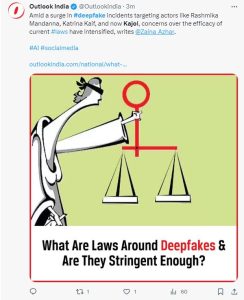
Deepfake content is being used by Indian companies for advertising. Reports show that ads and sponsored posts on social media feature deepfakes of Indian celebrities like Shah Rukh Khan, Virat Kohli, and Akshay Kumar. For example, Khan appears in a deepfake video for a game called Aviator, while Kohli’s deepfake is used to promote a betting game.
In India, there’s a viral deepfake video showing an actress changing her outfit. However, it’s not actually the actress, but a social media influencer. This video is circulating on platforms like Facebook, X, and YouTube. It adds to the concerns about deepfake content, especially after another video of a famous actress went viral in India.
India to regulate deepfake technology:
India’s government plans to control the spread of deepfake content on social media platforms due to its rising prevalence. Union Information Technology Minister Ashwini Vaishnaw affirmed that they will create a definitive plan to address the issue effectively.
The Indian Express report states that the decision was made after the minister held a meeting with social media platforms, AI companies, and industry bodies. The plan consists of four main objectives: detecting deepfakes, preventing their spread, improving reporting systems, and increasing awareness about the technology.
Reuters reported, India’s deputy IT minister, Rajeev Chandrasekhar, held a closed-door meeting with social media firms, including Facebook and YouTube. During the meeting, Chandrasekhar warned these companies to continuously remind their users about the local laws that prohibit the posting of deepfakes, obscene content, and misinformation.
The Deputy Minister said many companies had not updated their usage terms despite 2022 rules that prohibit content “harmful” to children, obscene or that “impersonates another person.” Chandrasekhar said the companies must raise awareness of the rules by reminding users every time they log in that they cannot post such content, or by issuing reminders.
Kumar Ritesh, founder and CEO of Cyfirma, stated that regulations to prevent the misuse of deepfake technology are inconsistent and differ greatly among jurisdictions.
“We do expect the Indian government to cover a few key areas such as enacting laws specifically targeting the creation, distribution, or malicious use of deepfake content and imposing penalties for those who engage in illegal activities involving deepfakes. We see the government putting in place guidelines for online platforms and social media sites to detect and remove deepfake content to help curb its spread. This would require the government to work with tech companies to implement and enforce such regulations,” said Ritesh.
Ritesh suggests that the government invest in public campaigns to raise awareness about deepfake technology. These campaigns would educate people on its existence and potential risks. They would also provide information on how to spot and report suspicious content.
Ritesh thinks that it is important for the government to invest in research and development funding for deepfake detection and prevention methods. This can help develop technologies to identify and reduce the impact of deepfakes.
“We hope there will be broader international collaboration as deepfake threats often go beyond borders. Governments can work collaboratively on an international level to share information, and best practices, and coordinate efforts to address the global challenges posed by deepfake technology. And India, with its vast technology talents, is posed to lead this initiative,” added Ritesh.
 InfoSecBulletin Cybersecurity for mankind
InfoSecBulletin Cybersecurity for mankind
